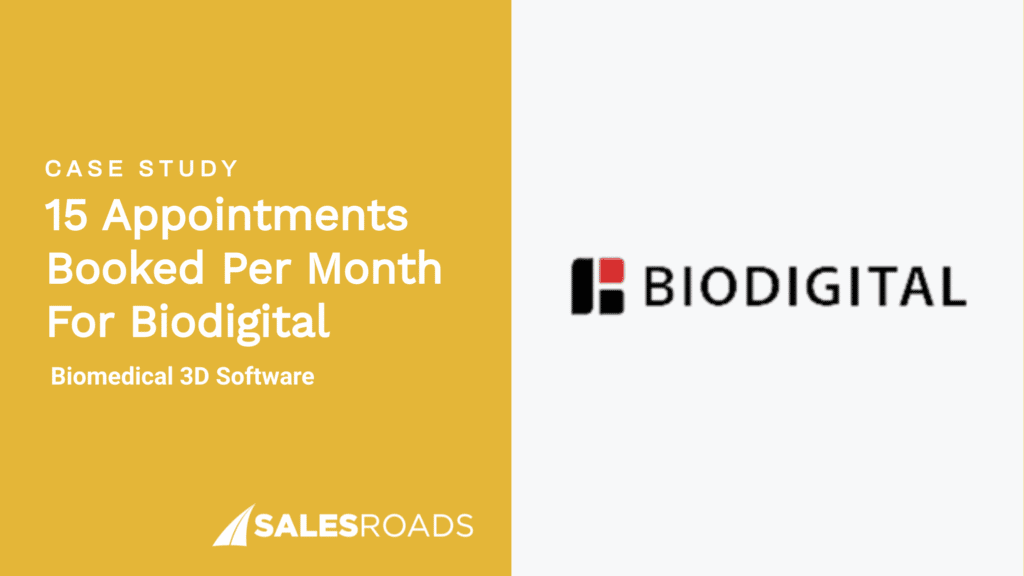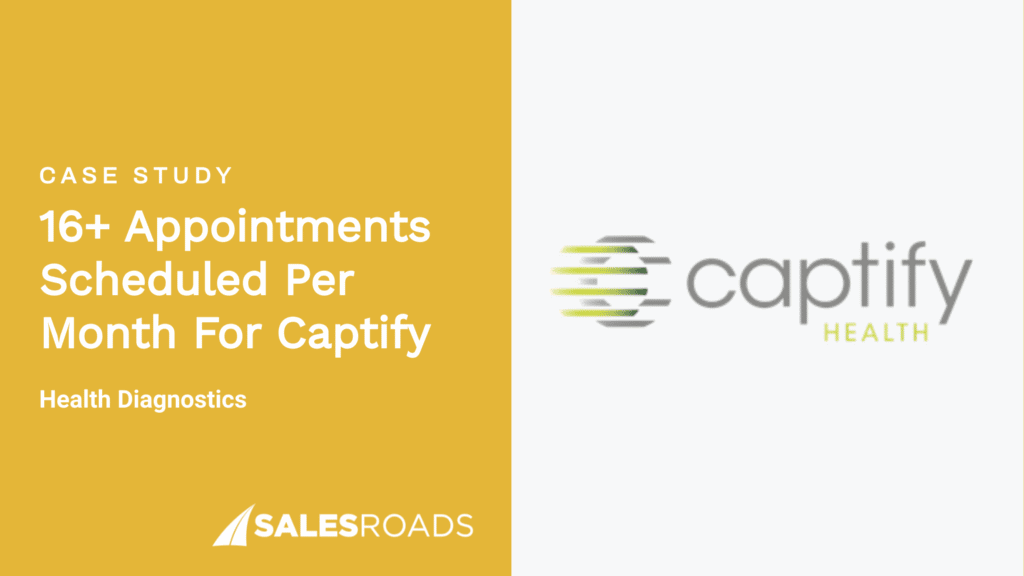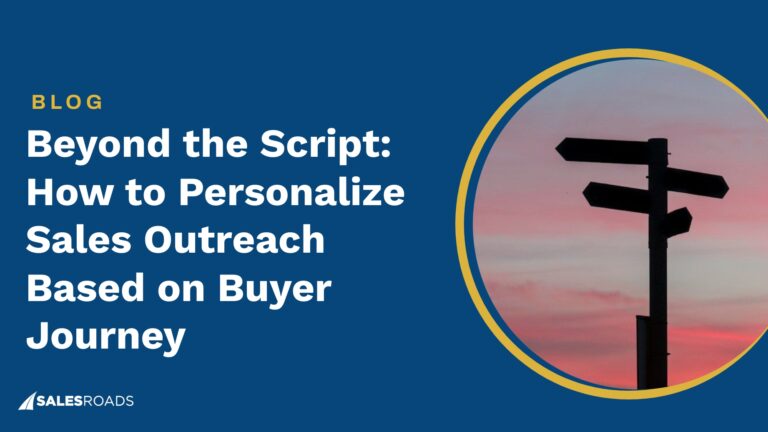Companies can highly benefit from lead generation specialists when it comes to attracting qualified prospects and improving sales revenue. Candidates interested in this role should prepare to demonstrate a knowledge of sales and marketing processes, content creation, and lead qualification to exceed during job interviews.
12 Lead Generation Specialist Interview Questions
Lead generation job applicants can prepare for interviews by learning to answer common questions. Reviewing key lead generation interview questions and answers can give you a competitive edge and help you approach the interview with confidence.
Here are 12 must-know questions for your following lead generation interview:
Describe a sales funnel
Interviewers expect lead generation specialists to understand the different stages of the sales funnel. A great way to answer this question is to explain how you’ll manage prospects at each pipeline level.
Emphasize the importance of moving leads through the awareness, discovery, consideration, and decision stages in your role as a lead generator.
Tell us about the most effective lead generation strategies you’ve used
The recruiter is trying to grasp your ability to use different lead generation strategies to produce effective sales results. You can answer with clear examples of your experience using each method and the resulting impact on sales.
Key lead generation strategies to mention include:
Content creation
Content creation is the bedrock of lead generation. You can highlight how creating high-quality content attracted clients and built credibility within your previous company’s target audience.
Social Media
Talk about how targeted posts on social media platforms can build a community and breed engagement on a product or service. Cite examples of how you’ve used it as an outreach tool for generating qualified leads.
Email marketing
Email marketing is one of the most effective lead generation strategies. You can tell the recruiter how much personalized and targeted email campaigns create awareness and nurture prospects for the company.
How do you identify potential customers and match them to your company?
Lead generation specialists use research and data analysis to identify prospects from a large audience. Your answer shows your ability to pinpoint individuals more likely to benefit from your product or service.
Audience segmentation and targeting allow salespeople to use customer interests and needs to create tailor-made outreaches for successful lead generation campaigns.
Do you have experience with digital marketing tools and platforms?
Digital marketing is a major component of lead generation. Interviewers ask this to assess your understanding of tools and platforms, as well as your ability to apply them in your lead generation activities.
You can mention social media, blogs, websites, email, CRM, and automation tools for organizing outreaches and generating qualified leads.
How do you generate leads for a new product or service?
New companies hiring lead generators are likely to ask this question to assess the applicant’s adaptability to new industries and willingness to learn about their offerings. Explain how you’ll put in the effort to understand the product or service and use the information to create offers that attract customers.
How do you determine a lead’s readiness for sales?
The interviewer is trying to understand what you know about lead nurturing and qualification. In your answer, explain the techniques you’ll use to determine if a prospect is ready for the sales call, uninterested, or requires more information to influence decision-making.
What tactics do you use to collect lead information?
This question tests your knowledge and ability to use lead generation offers. You should explain the importance of understanding the buyer’s journey and meeting prospects’ immediate needs with valuable information.
Applicants can describe how they developed materials like ebooks, video guides, whitepapers, kits, and templates for lead generation campaigns. These offers provide value to your audience while presenting opportunities to collect their emails for lead nurturing.
How do you measure lead generation success?
Lead generation metrics are the parameters for measuring any campaign’s success. Highlight the most important ones and explain how they impact resulting sales.
Key metrics to assess include the number of qualified leads generated, average lead score, click-through rate, cost per lead, and conversion rate.
How frequently do you review lead gen campaigns?
Companies use this question to test an applicant’s knowledge of best practices in the industry. Ideally, you should review your lead generation process weekly, monthly, or quarterly, depending on the length of the project and the data available.
Do you have experience with CRM software?
Lead generators use CRM tools to manage prospects and monitor their progress as they move through the sales cycle. This technology is vital for nurturing leads, creating targeted outreaches, and improving conversion rates.
You can ask the recruiter the exact CRM software the organization uses and describe your experience with similar software in previous roles.
What skills do you have to qualify for this position?
Answer this question by listing the skills that make you a lead generation expert. Talk about your knowledge of proven and effective lead generation strategies and how you’ve implemented them to improve sales outcomes.
Ensure you speak about prospecting, communication, and data analysis skills for lead generation projects. You can also talk about your adaptability and time management abilities to thrive in fast-paced environments.
How can we improve our company’s lead generation process?
This question tests how much you know about the company’s current lead generation efforts. It’s a great opportunity to share your expertise and offer tips to grow the business.
Recruiters like hands-on candidates. You can use this chance to show that you’ve done quality research on the company and are ready to take on the task ahead.
Bottom Line
An interview is an opportunity to position yourself as the best person for the job. Confidently showcase your strengths, skills, and experience as much as you can during the conversation.
Recruiters expect objective, concise answers, so you should learn to go directly to the point with each question. Don’t be afraid to share your struggles and past mistakes in this role. Instead, describe how you leveraged those experiences to improve your work and boost results over time.










